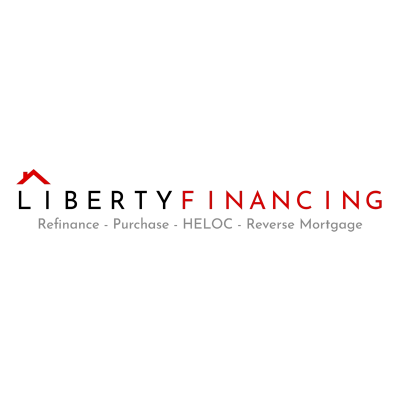6 Lessons About Credit Utilization to Share With Your Younger Self
Navigating the maze of credit utilization can transform financial futures. This guide distills pivotal lessons to keep balances low, payments on time, and credit growth on track. Master these strategies to avoid common pitfalls and build a solid credit foundation.
- Keep Credit Utilization Below 30%
- Use Credit as a Growth Tool
- Avoid High Credit Card Balances
- Prioritize Timely Credit Payments
- Pay Attention to Interest Rates
- Check Credit Reports Regularly
Keep Credit Utilization Below 30%
If I could give myself one piece of advice about credit utilization, I would tell my younger self to keep credit utilization below 30%, or even lower if possible! Early on, I didn't fully understand how much utilization impacts a credit score, and I occasionally let balances creep up too high. Even though I always made payments on time, my score wasn't as strong as it could have been.
Had I kept my utilization lower, I likely would have built an excellent credit score much faster. This would have put me in a better position for lower loan interest rates, a higher credit limit, and more financial flexibility. For anyone looking to improve their credit, my advice is simple. Use credit wisely, pay down balances regularly, and never max out your cards, even if you plan to pay them off.

Use Credit as a Growth Tool
Building a strong financial foundation requires responsible credit use from the start. It is crucial to understand that every purchase made on credit impacts future financial stability. By maintaining a low credit utilization rate, future financial opportunities, such as loans and mortgages, will remain accessible.
Credit should be viewed as a tool for growth rather than immediate gratification. Start making wise credit choices today to secure a stable financial future.
Avoid High Credit Card Balances
Maximizing credit cards can lead to detrimental financial consequences over time. High balances not only affect the ability to borrow but also increase the cost of debt due to interest. Keeping credit card balances low helps maintain a healthy credit score and reduces financial stress.
This practice fosters better financial management habits. Take control of your spending now to avoid the pitfalls of high credit utilization.
Prioritize Timely Credit Payments
Making timely payments is more than just avoiding late fees—it significantly influences credit scores. Regular, on-time payments reflect well on credit reports and enhance financial credibility. Over time, this pattern of reliability opens doors to better interest rates and loan terms.
It underlines the importance of consistency in managing financial obligations. Prioritize timely payments to build a solid credit history.
Pay Attention to Interest Rates
Interest rates play a significant role in the cost of borrowing. Even small differences in interest rates can lead to substantial costs over the life of a loan or credit card balance. Understanding this can help make informed decisions about which credit products to use.
Avoiding high-interest debt is key to financial well-being. Pay close attention to interest rates to safeguard your financial health.
Check Credit Reports Regularly
Checking your credit report regularly is pivotal in maintaining financial health. Errors or fraudulent activities can go unnoticed, leading to unexpected financial troubles. By reviewing credit reports, inaccuracies can be disputed and resolved promptly.
This practice helps in keeping the credit score accurate and reflective of true financial behavior. Make it a habit to check your credit report regularly to ensure its accuracy.

